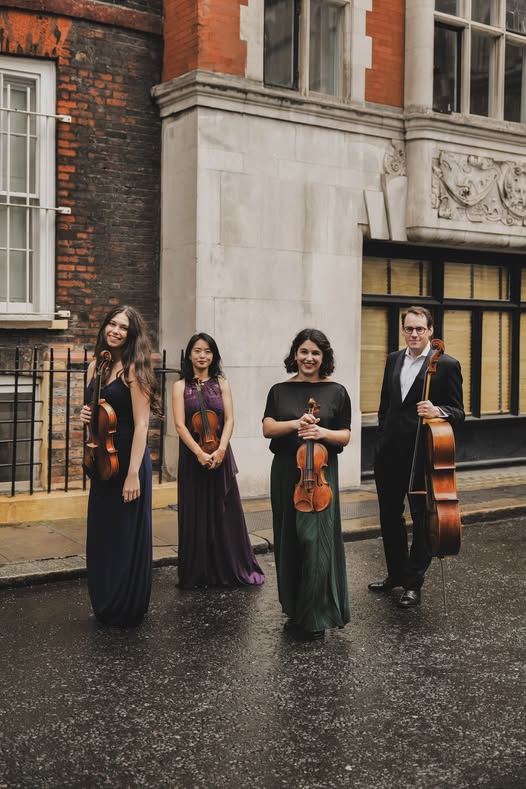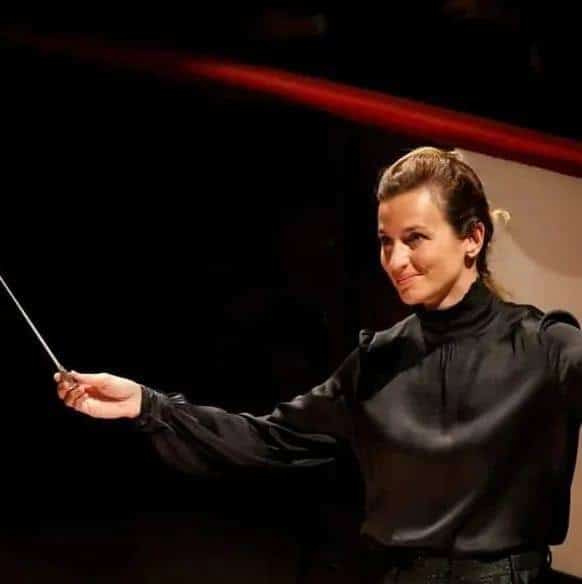Last Composer Standing – the retro edition
mainAs debate continues in several languages over who will still be heard 50 years from now, several readers have asked how accurate our forecasting can be.
Well, let’s go back to 1959 and ask which living composers, in the view of listeners at that time, would be likely to endure.
Shostakovich, for sure – he was the flagship musician of the Soviet Union, and everyone thought the USSR was forever.
Stravinsky had just produced Threni.
Britten was receiving more opera stagings than any of his contemporaries.
Bernstein and Copland were universally renowned, if only for West Side Story and Appalachian Spring.
Samuel Barber had just opened the new Met with Vanessa; Rodgers and Hammerstein were reaching apotheosis with the Sound of Music.
None of these selections would have appeared contentious or doubtful. Hindemith, still alive, would have seemed a dead cert. Kodaly, likewise.
The last one might have been a modernist – Berio, Boulez or Stockhausen – but who could have forseen the importance of Cage and Feldman, the emergence of Ligeti and Sondheim, the birth of the Beatles?
If anyone had put it to the test, Khachaturian and Menotti might have made it into the top ten.
Please don’t attempt to cast a retro vote, but I’d be interested to hear your thoughts.





William Walton enjoyed a good number of performances in 1959, did he not? And Carl Orff and Edgard Varese, two fairly big names at the time, were still alive in 1959.
“Vanessa” premiered at the Old Met. The New Met was not to open until 1966, albeit with another new Barber opera.
NL replies: You’re right on both counts. Orff was huge at the time, the other two in decline. As for the Met, I segued Vanessa (1958) at the Old Met with Antony and Cleopatra (1966) at the new. Apologies.
First, my apologies in advance for a long, convoluted and possibly incoherent comment.
Norman’s post (and its predecessors) raise fascinating questions. If we look at the composers whose names are listed last here (Berio, Boulez, Stockhausen, Cage, Feldman, Ligeti) there is no question that these are considered to be more influential – and are therefore more performed now – than, say, Barber. But who on earth listens to Threni? – who listened to it back then? Stravinsky was certainly much more influential – and listened to – in his earlier works.
Yes, I’ll get to the point. My point is that, at present, it’s not the “ordinary” listener whose choice matters in the long run. If the listener chose, would we be listening to more Zemlinsky than Schoenberg now? More Boïeldieu than Beethoven? More Novello (not to mention the great Billy Mayerl) than Britten?
In that sense, Sakari Oramo’s comment on the original blog post was very interesting, and unusual. Here is a member of the musical elite actually advocating “populist” music (though his comment on Beethoven is surely a little misguided). How many other top performers would dare to stick their necks out in this way? Not many, I think.
The “man in the street” would choose Pärt and Gorecki over Boulez and Crumb any day. And this shows in Norman’s survey. But in 50 years I would imagine that, if the musical elite gets to decide, it will be these latter composers who are performed most often in the concert hall. However, they will not be the most purchased. It is in the recordings market that the man on the street’s taste is shown, not in the concert hall.
So what does the future hold? Well, without public funding, the future of the musical elite looks bleak. That’s why Greg Sandow’s concept of “alt-classical” has created waves. As an arts marketer, I believe that the future lies in presenting classical (not crossover) music in different ways and in different social contexts. Our role is to make the arts accountable to society, not to dumb down. But the taste of the man in the street is crucial to music. Without him (and, of course, his female counterpart), art music as we know it has no future, and we have to listen to them.
It’s much harder than we might think to try and recapture who seemed an important figure in a previous generation. By flicking through my old dusty post-war Penguins, I get the distinct impression that Poulenc, Milhaud, Orff, Hindemith and Kodaly stood far, far higher than they do today. Vagn Holmboe and Dag Wiren likewise. But the one composer who seems to have suffered the greatest reputational collapse since his death (he gets an entire chapter to himself in Ralph Hill’s 1952 Penguin guide to the Concerto) must surely be Ernest Bloch, who actually died in 1959.
Meanwhile, looking at the archives of the UK orchestra I work for, certain works by Alan Rawsthorne and Gordon Jacob seem to have been receiving almost annual performances (and would continue to do so into the 1970s). Dohnanyi (d 1960) was also still enjoying regular performances. I don’t see much sign of Shostakovich or any of the big-name 1960s modernists, and I don’t imagine that some composers now seen as major 20th century figures (eg Korngold, Janacek, Ives) would have been touched with a bargepole in many late 1950s concert halls.
The rise and fall of composers’ reputations is a fascinating subject; so often at odds with what we imagine to be the historical facts. (My old school music teacher assured me that no Mahler was disregarded in Britain before the 1960s – yet Boult conducted his symphonies and Das Lied several times in Birmingham during the 1920s, to enthusiastic reviews. I’ve seen the press clippings to prove it!) We can learn a lot from trying to see art through the eyes of a period other than our own. I hope this discussion runs and runs.